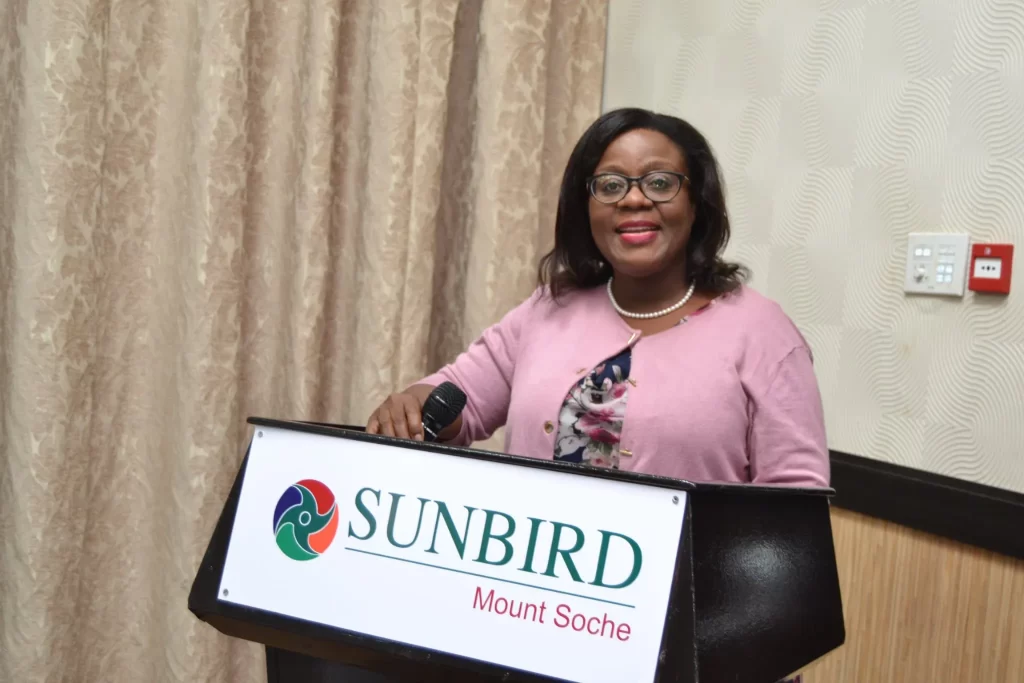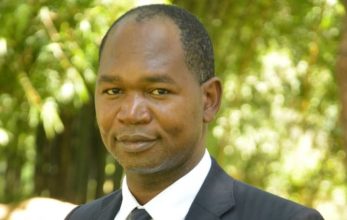We need consistent focus—Oxfam chief
On February 9 2024, President Lazarus Chakwera delivered his fourth State of the Nation Address (Sona) in Parliament. The statement was well received by analysts and development partners, but there are some buts, maybes and what-ifs from his critics. Our Assistant Lilongwe Bureau Chief SUZGO CHITETE engaged Oxfam in Malawi country director Lingalireni Mihowa for her take on the policy statement. Excerpts:

How do you look at the Sona? Does it inspire hope?
It does inspire hope. The President has been thorough in terms of sharing what he has been able to deliver and what he plans to deliver. Through this address, the President has been accountable to Malawians. I am happy that he has been consistent with his agriculture, tourism and mining (ATM) strategy. While we have the Malawi 2063 [national long-term vision], we need to be focused. For us as Oxfam, that has been our main message to the government when we presented our paper during budget consultations. We need focus and consistency because too many priorities will take us nowhere.
What specifics did you find interesting in the ATM strategy in relation with the national vision for creating wealth?
Quite a number of issues. In agriculture he was clear on the concept of megafarms; what has been achieved so far and what the government intends to do. It is pleasing that there is both public and private sector involvement in the megafarms. After all, it is the private sector that will ultimately drive the economy, so it is important to provide an enabling environment for their participation.
Tourism is a low-hanging fruit we need to make use of given how beautiful this country is. It was pleasing to note that the government has waived visas for several countries. This will allow Malawi to be accessible to the world. Also important are ongoing negotiations to have more direct flights into Malawi. This will make the destination easier to reach. This is a big step towards tourism growth, but also a giant step for other investments.
On mining, there was also some good balance because this is the area that usually makes us anxious. In some cases, we have had some bad deals. But the President has been clear about the need to address key issues such as reviewing the mining law and also ensuring that any other investment that will happen in the extractive industry is consistent with global standards that recommend for a win-win situation for the investor but also the people in the country.
What is your take on public finance management, especially the decree for all State-owned enterprises to transfer their revenue accounts from commercial banks to the Reserve Bank of Malawi so that the government does not have to borrow its own money at exorbitant rates?
That is consistent with what Oxfam and its partners have been advocating to improve public finance management. We are happy that the government is reporting on these issues. We know this because we released a report on State-owned enterprises which showed that quite a number of them could have done better in terms of efficiencies and even the returns by giving the dividends to the government when they make profits. However, quite a number of them were not performing to the expected standards. So, we think the reforms underway are a good move.
The donors that have come to support the budget directly will be keen to see that the government remains on course with the reforms in fiscal discipline. We hope that the minister’s budget statement will be consistent with the tone that the President has set.
We expect the budget to be in line with the ATM strategy and we have to ensure that our debt is within sustainable levels. If we are borrowing, we must borrow for productive use to push the economy.
The President called for seriousness and patriotism from government employees and Malawians. Do you take this call seriously?
This was a good point from the President. For us to do anything else, we need to be serious and this calls for mindset change from every one of us—the citizens and public workers. Those who hold public offices at the ministerial level, principal secretaries, directors and even those that are in civil society need to be serious so that the economy can benefit from our seriousness. At the end of the day, we need to show the young generation that indiscipline does not give us any returns.





